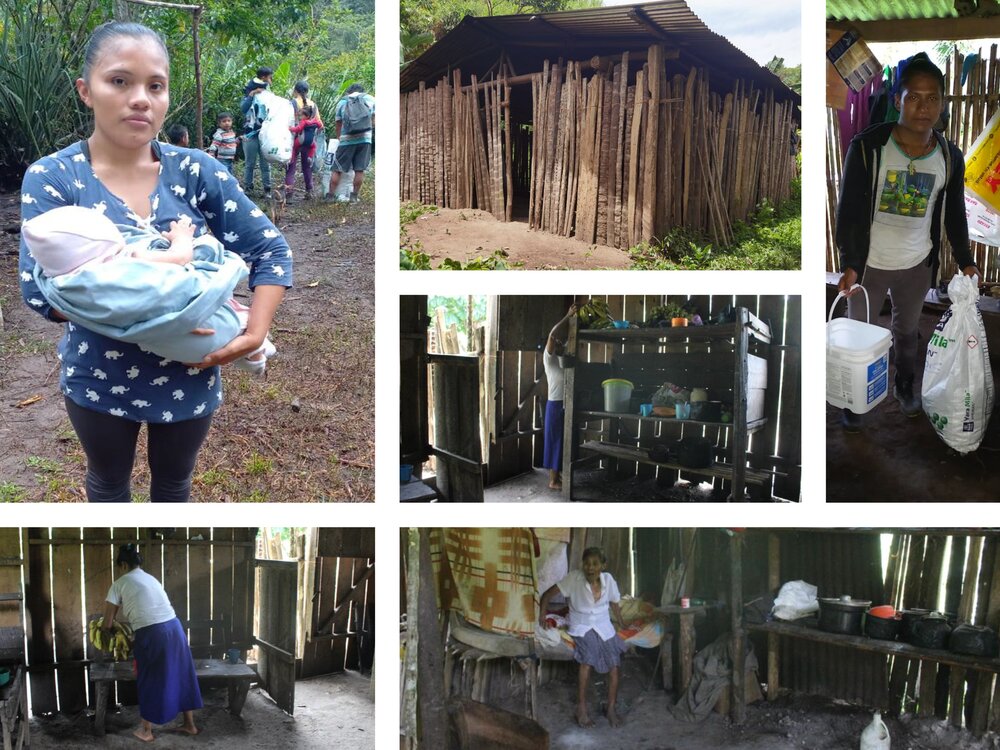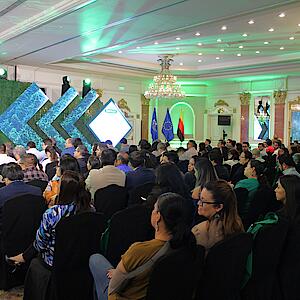100 Cabecar indigenous people of Costa Rica will receive basic food with CABEI support

• The donation was made as part of CABEI's Corporate Social and Environmental Responsibility System (SASC) for the purchase of food.
San José, 6 de octubre de 2022.-
The Cabécars are a native ethnic group in Costa Rica who live mostly in mountainous areas far from commerce, which makes it difficult for them to access food and basic health care products, as they have to walk between 4 and 7 hours to be able to shop.
Aware of these difficulties, the Central American Bank for Economic Integration (CABEI) approved a US$2,000 grant for the Cabécar del Chirripó Indigenous Association, which will purchase and deliver foods such as rice, dough, coffee, sugar, and other items to 23 low-income families.
"This donation is of utmost importance because we can ensure the well-being of a significant number of indigenous people, including children, women and the elderly, who live in remote areas by providing them with basic food products," explained CABEI Executive President Dr. Dante Mossi.
Through its Corporate Social and Environmental Responsibility System (SASC), CABEI seeks to lend a hand to the social and/or environmental causes that need it most. The multilateral promotes the participation and empowerment of communities and citizens in the development of social investment projects, prioritizing issues such as health, education, the environment and community development.
According to IWGIA, a global human rights organization dedicated to promoting, protecting, and defending the rights of indigenous peoples, the country is home to eight ethnic groups: Huetar, Maleku, Bribri, Cabécar, Brunka, Ngäbe, Bröran (Térraba) and Chorotega, which make up 2.4% of the total population.


![[Translate to English:] [Translate to English:]](/fileadmin/_processed_/e/3/csm_WhatsApp_Image_2024-04-18_at_2.12.23_PM__2__590ef43ade.jpeg)
